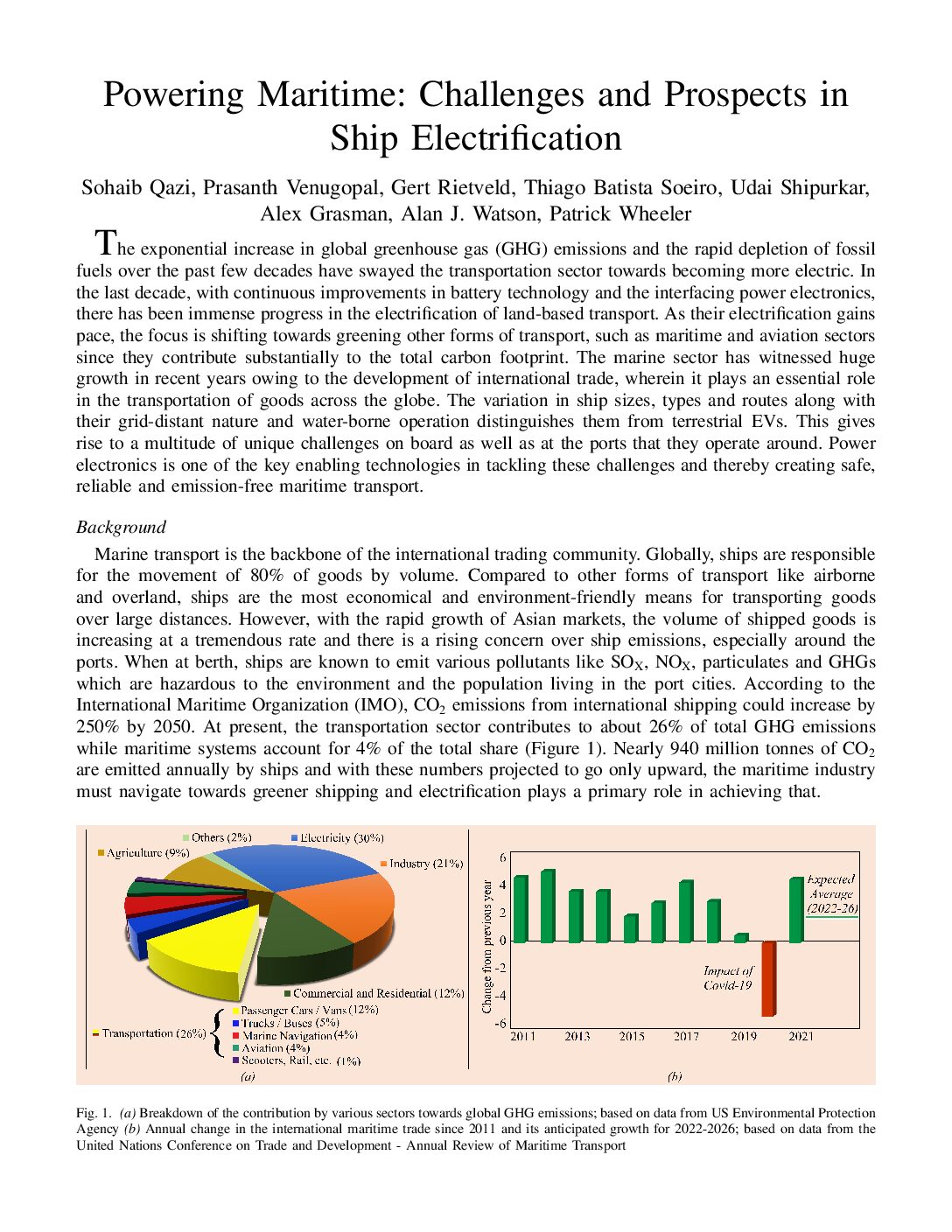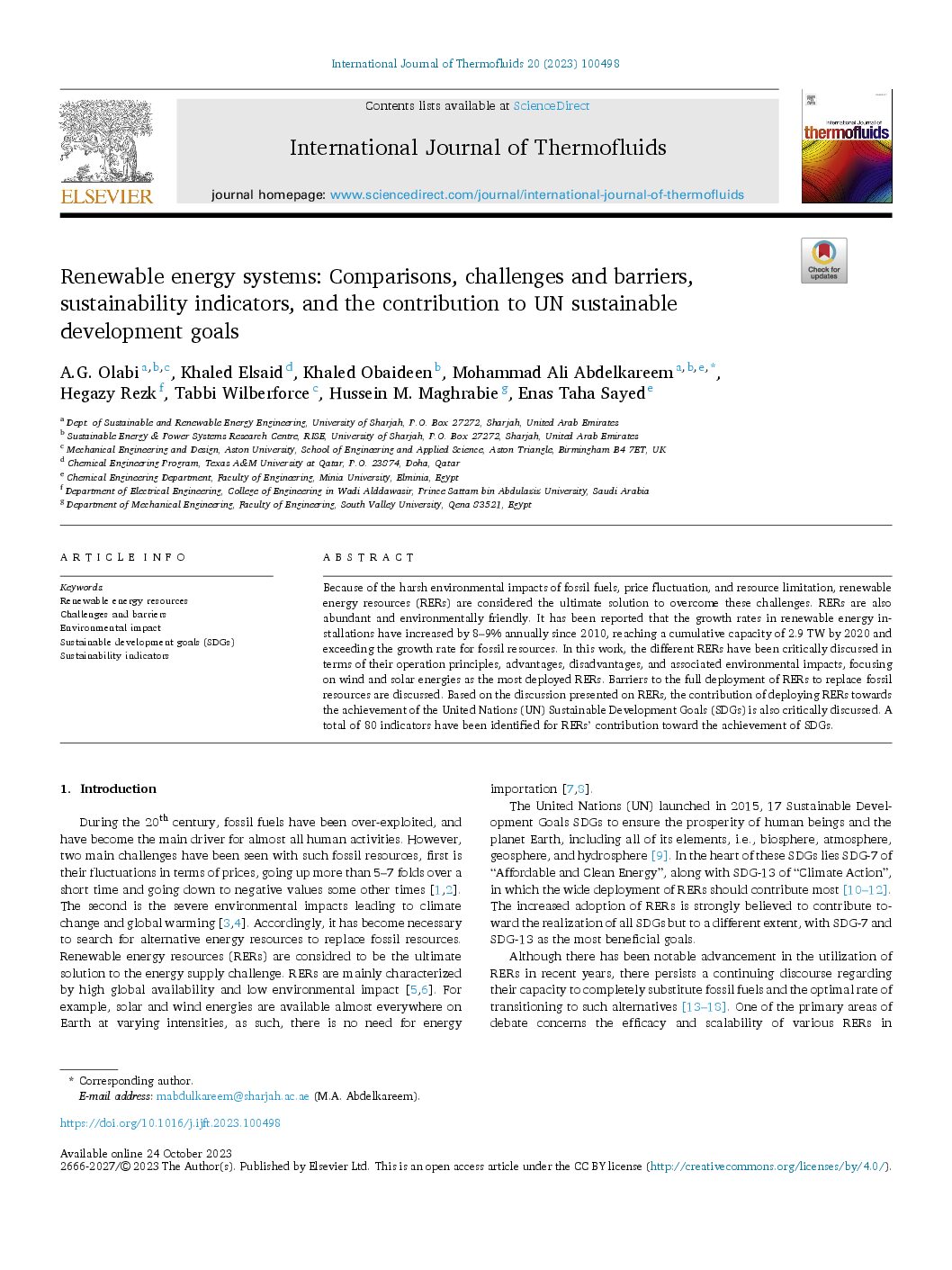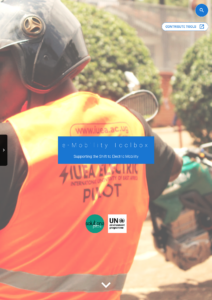This research paper gives an overview of the technical challenges for both ports and shipping companies associated with the electrification of shipping, and explains how electric ships could work.
The Long Duration Energy Storage Council is a global non-profit working with energy companies, technology providers, investors and governments to accelerate the deployment of large-scale energy storage around the world. This platform provides an overview of different energy storage technologies.
This journal article provides a comparison between different renewable energy technologies in terms of efficiency, pricing and environmental impacts.
This is Energypedia’s Wind Portal. It provides an overview of wind energy technology, preparatory studies needed to plan a wind energy project, wind energy policy frameworks, and wind energy project implementation, operation, MEL and impacts.
The e-Mobility Toolbox is an online information portal to support development, implementation and monitoring of innovative electric mobility solutions.
This study evaluates the progress that African countries have made in their transition to e-mobility up to 2021.
Identifying Factors Associated with Consumers’ Adoption of e-Mobility—A Systematic Literature Review
This article investigates the following questions: 1) What are the associated factors that affect the consumer’s intention to purchase EVs? (2) What is the impact of sociodemographic variables on the adoption of EVs? (3) What are the main obstacles to and motivators for introducing EVs and the expected recommendations for manufacturers, politicians, governments, and scientists?
People need water, energy, and food to sustain their livelihoods, grow economies, and achieve sustainable development. The interactions between these resource sectors form the crux of water-energy-food (WEF) nexus assessments. This study analyses the WEF nexus of 54 African nations and identifies bottlenecks resulting from water, energy, or food insecurity.
This paper undertakes a comprehensive assessment of mobility patterns and accessibility needs in Freetown, Sierra Leone, and presents evidence of the significance of accessibility-centred information to inform policy priorities.
This article looks at travel patterns around universities in Africa and MENA and proposes a framework to engage universities to expand their sustainable mobility impact.



